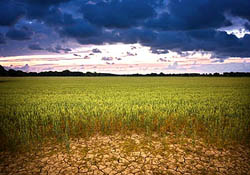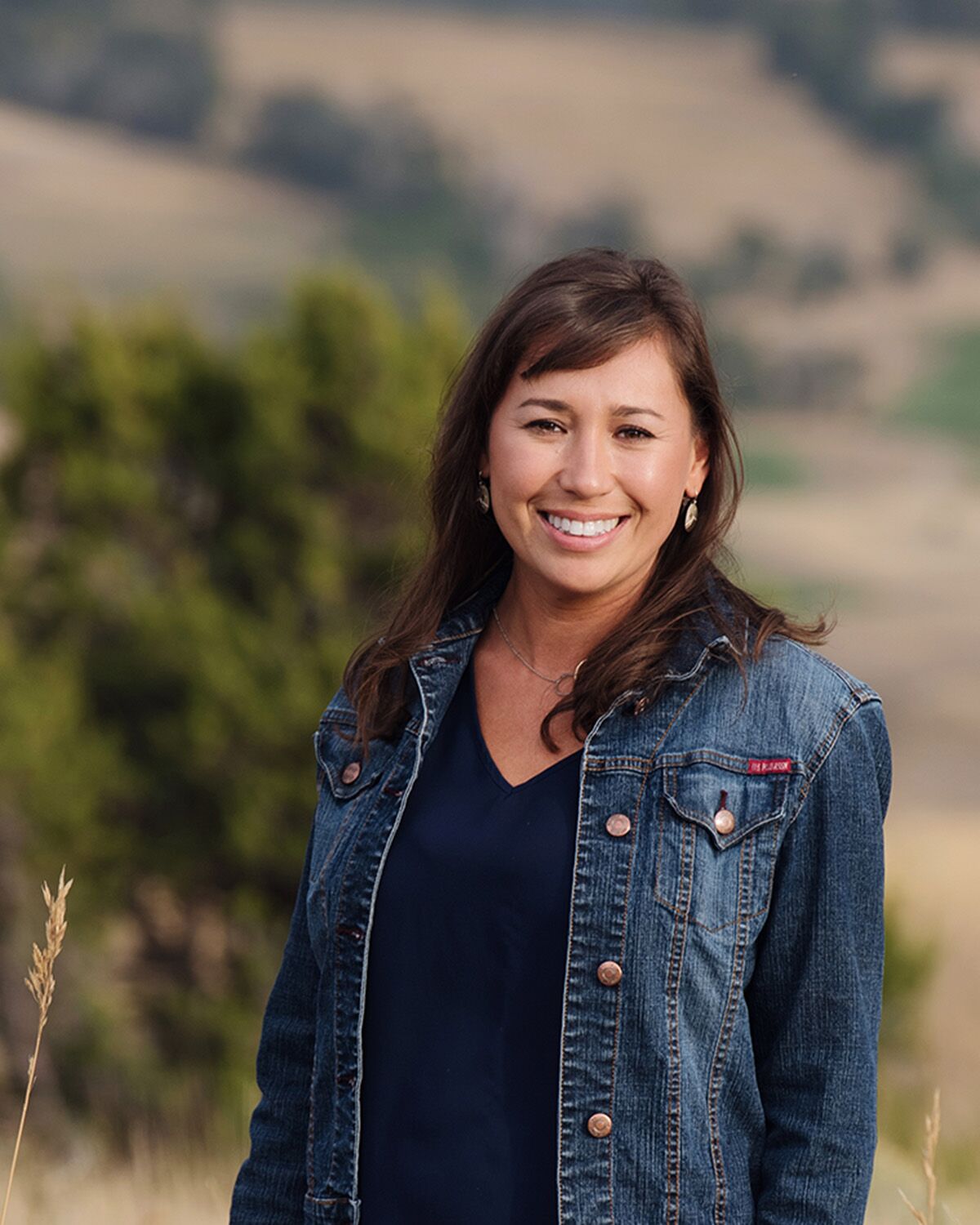 |
Scholars present six papers on barriers to water markets. |
PERC’s first “Workshop on Property Rights, Markets, and the Environment” was directed by Terry Anderson and held the week of August 31–September 4, 2009, at the PERC office in Bozeman, Montana. Scholars presented papers on selected topics examining why water markets have not developed further than they have and explored how institutional and political barriers might be lowered. In addition to paper presenters, discussant scholars, graduate students, and policy makers were invited to join resident PERC scholars.
The following is a brief synopsis of the sessions with links to the papers:
1. Water Transactions in the West: How Many and Where?
Gary Libecap, PERC Senior Fellow and Professor of Corporate Environmental Management at the prestigious Bren School of Environmental Science and Management, University of California-Santa Barbara (UCSB), set the stage for all subsequent discussions by presenting an overview of his research on the extent of water markets and the potential for expanding them. Professor Libecap’s research and presentation put workshop participants, who came from a variety of backgrounds including economics, law, political science, and public policy, on a common foundation. His succinct summary set the stage for a true workshop format based on dialogue rather than lecture. Professor Libecap’s participation in the workshop helped fulfill PERC’s goal of exposing more junior scholars and policy analysts to the ideas of free market environmentalism.
Co-authors: R. Quentin Grafton, Clay Landry, R.J.(Bob) O’Brien.
Paper: Water Markets: Australia’s Murray-Darling Basin and the US Southwest
2. Third Party Impairment: Are There Too Many Voices?
Monique Dutkowsky, Montana Department of Natural Resources and Conservation, is a scholar and policymaker whose research sets a standard for combining economic theory and statistical methods. Her empirical analysis of how water markets are impeded by claims of impairment by everyone from school teachers to farm implement dealers stimulated a lively discussion of who has what rights in a water market. The policy makers who joined the workshop were especially interested in how they could reduce this impairment and encourage gains from water trades. Over the course of several severe droughts, California Governors have issued various moratoriums on third-party objections to water trade based upon Ms. Dutkowsky’s work.
Author: Monique Dutkowsky
Paper: Institutions, Third-Parties and Water Markets
3.The Proper Scale for Environmental Markets
Martin Doyle, Associate Professor, Department of Geography, University of North Carolina-Chapel Hill and 2009 PERC Julian Simon Fellow, explained how geographic scale fits into the institutional setting of water markets. John Wesley Powell, famed western explorer, admonished the Montana territorial legislature to form its counties around watersheds. Powell’s advice was not taken, but Professor Doyle’s research on the extent of and limits on water quality trading in North Carolina suggests that the size of political jurisdiction is important to water marketing. His participation as a geographer rather than an economist promoted our goal of encouraging interdisciplinary dialogue.
Co-author: Todd BenDor
Paper: Markets for Freshwater Ecosystem Services
4. Can Negotiated Settlements Lower Transaction Costs? Lessons from
New Mexico
Elizabeth Richards, Sandia National Laboratories, Albuquerque, NM, illustrated a serendipity example of PERC’s reach. At a Stanford University seminar, Terry Anderson and Gary Libecap met Ms. Richards and discussed her research on how Native Americans are resolving disputes through settlement rather than litigation, and how that is leading to water markets. Ms. Richards distilled her research showing how settlement can reduce the deadweight cost of litigation. As a result of her experience, she is planning to do further research in this area. Moreover, the format of the workshop so impressed her that she said she was going back to Sandia Labs and telling people there that this was the way to run a workshop.
Paper: Can Negotiated Agreements Facilitate Market Transfers of Water? Lessons from New Mexico
5. Can We Trust the Public Trust Doctrine?
Gary Libecap wrapped up the workshop with his analysis of the pernicious public trust doctrine. This sensible doctrine steeped in common law has been expanded by environmentalists who have used it to take water rights without compensation in the name of environmental quality. Professor Libecap’s economic analysis was bolstered by James Huffman, Professor of Law at Lewis & Clark College, who has done extensive legal research on the subject. Their high standard of scholarship showed the other scholars, policy analysts, policy makers, and environmental entrepreneurs the importance of combining a sound analytical framework with data to illustrate the efficacy of free market environmentalism.
Co-author: Jedidiah Brewer
Paper: Property Rights and the Public Trust Doctrine in Environmental Protection and Natural Resource Conservation
6. Where to from Here?
The final session was devoted to a general discussion of where more research was needed to show where institutional barriers are thwarting water markets and how those barriers can be lowered. In general, more data are needed to show the efficacy of water markets and case studies could be used to demonstrate and teach how water markets can improve water use efficiency and water quality in the context of ecosystem services. More research needed regarding the transaction costs that result from legislative and administrative restrictions on water markets. Finally, the workshop demonstrated that more needs to be done to take the theories and evidence for water markets to policy makers who can implement reform necessary to encourage more water marketing especially for environmental purposes.



